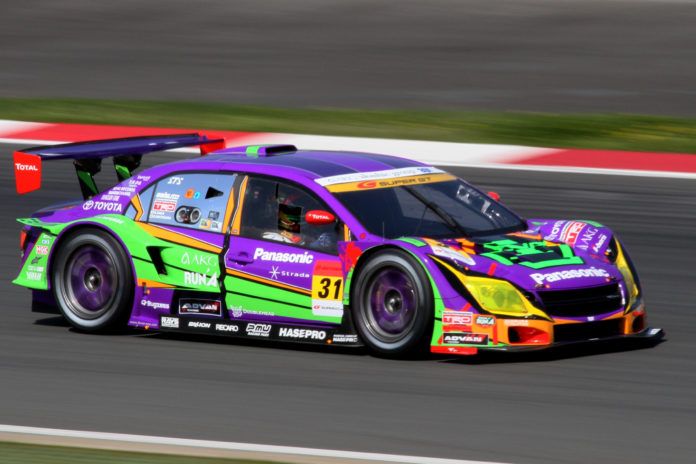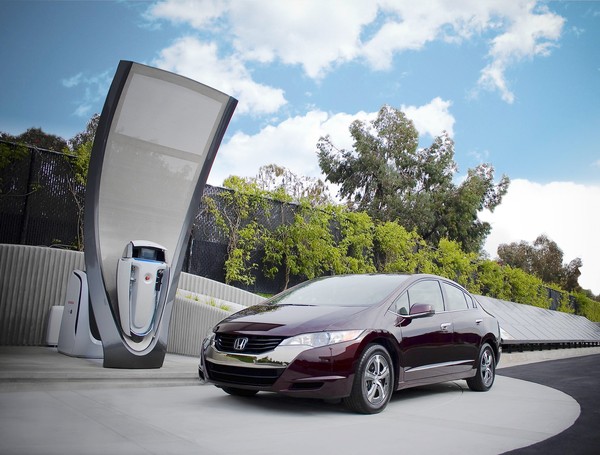
Hydrogen fuel is trying to fulfill its early promises as an alternative fuel for internal combustion engines that could be used in heavy transport: road, naval or rail, but seems to be a horse that many are not interested in betting on.
Even in use as hydrogen fuel cells to generate electricity without emissions, has huge potential and this is still being studied.
Is hydrogen fuel clean?
Although hydrogen fuel is clean, compared to gasoline or diesel, completely free of emissions only when it is converted into a fuel cell system to generate electricity. When burned in a heat engine, certain nitrogen oxides (NOx) are produced which are pollutants, although no unburned hydrocarbons (HC), monoxide or carbon dioxide are there emitted. However, we know that the air contains 78% nitrogen, and in combustion it is oxidized to produce toxic NOx, but here it depends on how hot things are in the combustion chamber and that is why hydrogen engines could be different.
Modern direct-injection turbocharged hydrogen fuel engines are producing more power than an equivalent gasoline engine, by increasing the proportion of hydrogen in the fuel-air mixture – but the levels of NOx nitrogen oxides removed are increasing too.
More stable than gasoline
Hydrogen fuel is more stable than gasoline or diesel, and burns completely and efficiently in a much wider range of air-fuel ratios. Thus, the hydrogen fueled engine can run very poorly (more air, less fuel) and can still produce much lower NOx levels than gasoline or diesel engines. Exhaust emissions can be reduced to a minimum, especially since exhaust emission control technology already exists.
Although hydrogen fuel carries a large amount of energy by weight, it is much less dense than liquid fuels, so engines where fuel is injected into the intake manifold and mixed with air outside the cylinders produce significantly less power than gasoline. e.g., The use of direct injection improves the situation and, in combination with the variable geometry turbocharger, hydrogen fuel combustion engines become more viable.
Advantages of hydrogen fuel
Hydrogen fuel has also the advantage that it can be stored in the same 700 bar compressed gas tanks, also usable for the fuel cell vehicles.
More recent research programs suggest that there is a real possibility of running combustion engine vehicles that are virtually emission-free, using technology that is suitable for both heavy vehicles and cars. The University of Technology in Graz, together with Bosch, has achieved some encouraging results with a 2.0-liter turbo spark ignition engine and Ricardo Automotive is leading a research program on hydrogen fuel engines for heavy vehicles.
Given the proximity of existing technology and production, the combustion of this abundant gas could provide a starting point in the direction of complete electricity, and can encourage the development of a useful hydrogen fuel network for fuel cell vehicles.
Toyota’s hydrogen
However, very interesting is that Toyota developed a hydrogen-powered three-cylinder racing engine, taken from GR Yaris and used to power a specially developed Corolla Sport Formula II car, which competed in the Fuji SUPER TEC 24 Hours Race. In addition to the competition itself and the 24-hour endurance test, the goal was to accelerate the development of this engine through successive improvements.
Toyota President Akio Toyoda said he hopes to use the Corolla project to accelerate the development of hydrogen fuel cars, showing that hydrogen-fueled cars can reduce their carbon emissions alongside electric vehicles.
To become carbon neutral
“The main goal is simply to become carbon neutral,” Toyota said. “Since I made this statement, I, as president of the Japan Automobile Manufacturers Association, have called on the government to take the right steps and increase the number of carbon-neutral options.
“If all cars become electric, a million jobs will be lost in Japan”. Finally, Akio Toyoda said: “I think we have the opportunity to demonstrate one of these [alternative of hydrogen fuel] options here in motor sports. I want to tell the world that there is also this option to become carbon neutral. “


